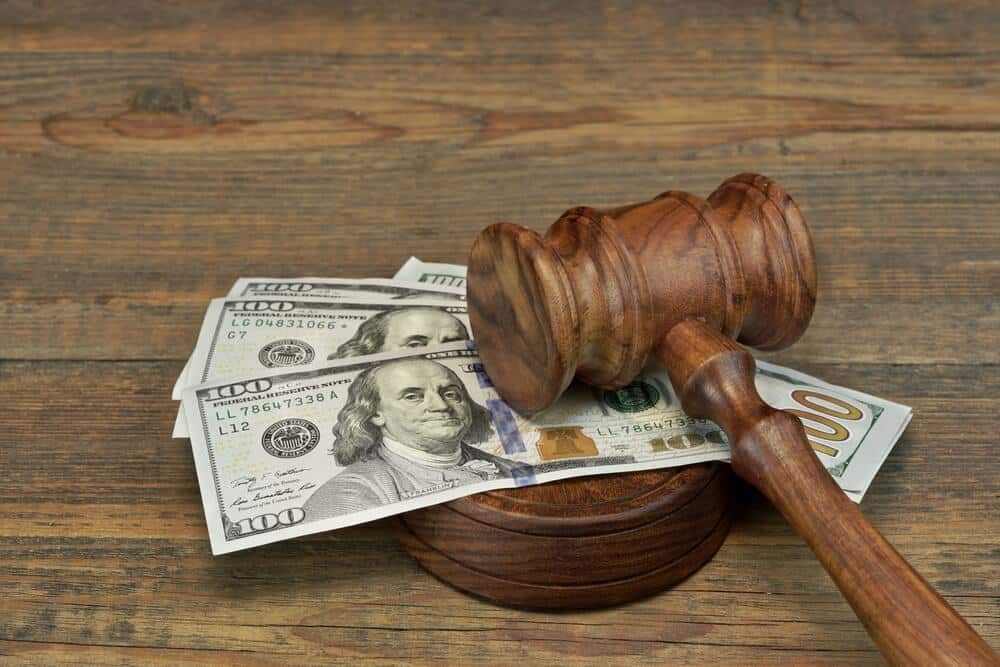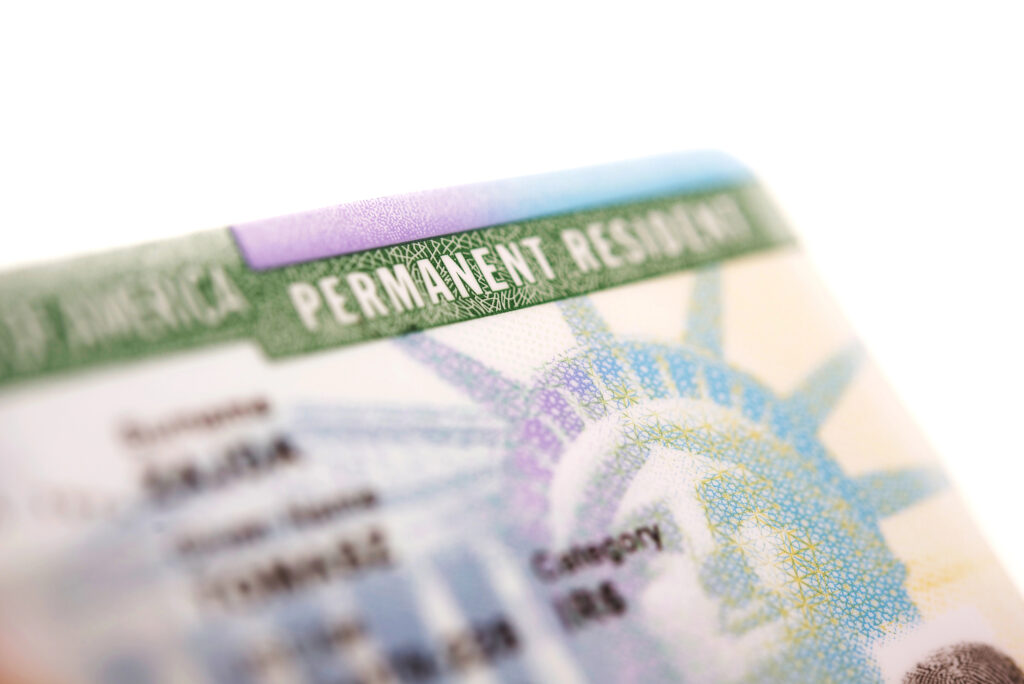Like violent crimes and other serious crimes in Massachusetts, forgery convicts usually struggle to advance their careers and find housing in Boston. Not to forget, the damaged reputation in the eyes of family, friends, and neighbors. Your hard-earned cash might also be used to pay fines and pay restitution to the victims.
The consequences of a conviction can be devastating for anyone, worse when you are actually innocent. The services of a Boston criminal defense & immigration lawyer are necessary for accused persons that want to beat forgery charges in Boston or fight for better outcomes.
Can I be Penalized for Forging Any Document in Massachusetts?
You cannot be convicted for forgery in Massachusetts unless the documents bear some legal significance. This includes:
- Specific government-issued documents
- Banknotes
- Stamps and seals from the land court offices
- Passes to exhibitions, entertainment, performances, and other similar events
- Railroad-related badges, tickets, and other related items
- Stock certificate or any evidence of title of a property
- Accountable receipt for goods, money, or other property
- Bill of exchange, promissory notes, bill of lading, a policy of insurance, power of attorney, bond, testament, will, deed, or charter
- Attestation, return, certificate, or public record of a registrar or clerk of a town clerk, justice of the peace, notary public, public register, or a court
- United States Dollar Travelers’ Check, credit card, discharge or acquittance for money or other property, or order purchased from banks or other financial institutions
- Entry book, the registration book, a certificate issued in place of a duplicate certificate, duplicate certificate of title, or certificate of title
What Kinds of False Writings are Punishable in Massachusetts?
Not all forgery charges go all the way to a conviction because the prosecution has a lot of proving to do. One of the things that they need to prove is that the writings in the documents of legal significance:
- Were intentionally fabricated or altered
- Would lead another party to believe that it is something it is not
- Represent something that is not

A typing error or a misspelling in a document is not enough to qualify as a crime of forgery. But if the error was deliberate and the defendant had hidden motives for making the particular misspelling, charges can be brought against them. A Boston white collar crimes attorney can defend your intentions and make sure that you are not convicted.
Can One Be Convicted Even Without Successfully Defrauding the Victim?
Unlike common belief, the actual crime of defrauding does not have to happen for you to be charged and convicted. Just the intention is enough to get the defendant in trouble. This rule protects other parties that end up signing the forged document without knowing that they are actually fraudulent.

So, if you are the unwitting holder of a forged document and you are arrested trying to monetize it, you should not be convicted. A Boston white collar crimes attorney can plead your innocence and make sure that you are not wrongfully convicted. Possession without a defrauding intent should not bring legal liability to you.
What are Some of the Forgery Punishments in Massachusetts?
Convicts of forgery risk both social and financial consequences. The kind of punishment attached to the crime depends on the defendant’s actions regarding the document and the type of document involved in the crime. Here is a breakdown:
Forging Government Documents
Possessing, using, altering, and making false government documents and using a stamp or seal from the land court is punishable with up to 2 years in jail, or up to 10 years in prison.
Forging Railroad-Related Documents
People convicted for possessing, using, altering, or making railroad badges and tickets risk staying in jail for up to a two-year jail term or a three-year prison term in Massachusetts. Fines can be as high as $500.
Forging Monetary Documents
Altering or creating state-issued bills of credit, traveler’s checks, or banknotes is a severe crime. One can get up to life imprisonment, and Boston white collar crimes attorneys can negotiate for a lesser time, which can be granted at the judge’s digression. Using these documents with defrauding intentions attracts up to 5 years in prison or up to 1 year in jail. Convicts can part with up to $1,000 in fines.
Possessing Forgery Tools
If the defendant possessed the tools intending to carry out forgery activities, they could stay in jail for up to 2 years or in prison for up to 10 years. They may part with up to $1,000 in fines.
A forgery crime attorney in Boston, MA, usually strives to have cases dismissed before it goes to trial. But when that is not possible, the skilled attorney can negotiate for convicts to get reduced charges.
Under Which Circumstances Do Federal Laws Apply?
While every state is allowed to make its own laws regarding forgery, the federal government also has its own laws governing the same. A forgery offense can be brought to a federal court, and the federal laws applied if:
- The falsified writing was on a federal document such as a work visa or a passport
- The intention of the forgery was to defraud the federal government
- The forged document moved around various states

Whether your forgery charges have been brought in the state or federal courts, you need skilled legal representation to get the best outcomes. The kind of defense that can be used depends largely on the type of document that was forged. But the commonly used defenses include a claim of authority or a lack of intent to injure or defraud the victim.
An Aggressive Legal Aid Fighting for You
A forgery charge needs to be battled by a law firm with a reputation for success. Every defendant deserves an attorney that will defend them and one that they can rely on.
At Toland Law LLC, you’ll get the full attention of our experienced Boston white collar crimes attorney. Don’t suffer alone. Pick up your phone today and call (781) 819-3647 to get started.









